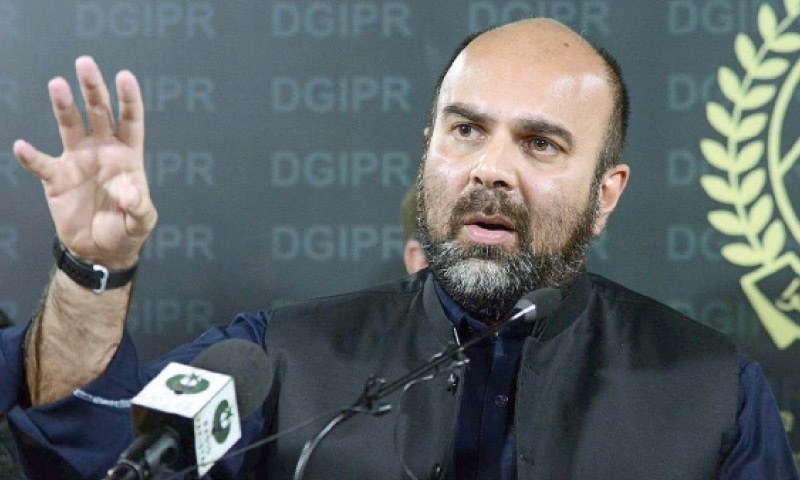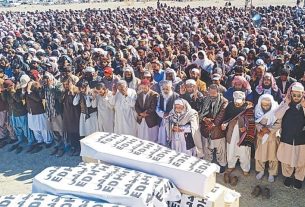In a first, Khyber Pakhtunkhwa will conduct pool testing for Covid-19, which according to health and finance minister Taimur Khan Jhagra has increased the province’s capacity by three to five times.
Jhagra said on Friday that the Covid-19 testing laboratory at Khyber Medical University (KMU) is now authorised to conduct pool testing.
“After successfully conducting 27 trials on pool testing, with 100pc congruence, the flagship KP coronavirus testing lab at KMU is now mandated to do pool tests — suited for large groups with low prevalence rates; theoretically increasing capacity to test by 3-5x,” he said via a tweet.
Giving a breakdown of the total number of tests conducted in the province so far, he said: “KP conducted 1,146 tests, its highest yet [according to data available till April 23]. KMU alone conducted a record 902 tests across three 24-7 shifts.”
What is pool testing?
Explaining the method, the provincial minister said that pool testing involves taking multiple samples and conducting a combined test.
“Used by Germany and other European countries, pool testing is carried out for population sampling in areas where there is low prevalence.
“Under this theory, if you are conducting three, five, 10 tests, the results of which come back negative, then that [population] pool can be ruled out and 10 others can be declared negative.”
However, if one of the cases comes back positive, you will have to retest all samples individually, he said.
“There is an advantage [in using this method]: for example, a plane carrying 200 passengers had arrived from Dubai and one person had tested positive.
“If you had carried out 40 [testing] pools, one pool would have tested positive. From this pool, you would have tested the five people again [to confirm their diagnosis] and you could have wrapped up 200 tests quicker.”
He added that under the same theory, the people working at KMU conducted 27 trials on pool testing as well as individual tests to confirm the results.
“All 27 of the trials had 100 per cent congruence; their results matched those of individual tests. Therefore, KP has gone beyond the experimental phase and is going to implement this at scale.”
Earlier, KMU VC Arshad Javaid had told that under the mechanism, the province could process a larger number of samples at a faster pace by using a smaller amount of kits.
He had said that the technique of pooling was used when the frequency of the disease was low, less than 5pc but ideally less than 1pc.
The vice chancellor had said that samples from multiple patients were pooled and analysed as one patient.
“If this is negative, it means that all the patients in the pool are negative. If this is positive, then we do an individual patient analysis. It saves reagents. Many negative patients can be screened out at once,” he had added.



